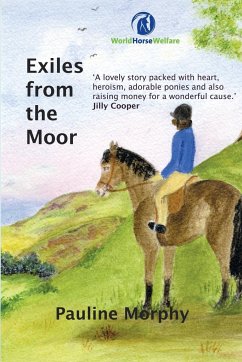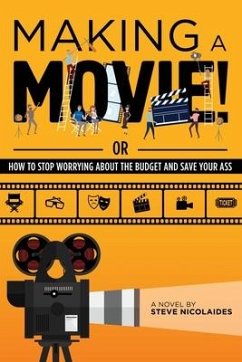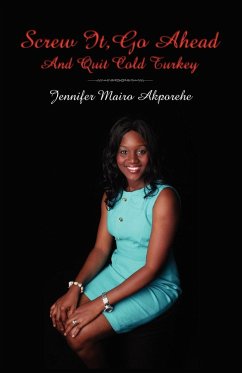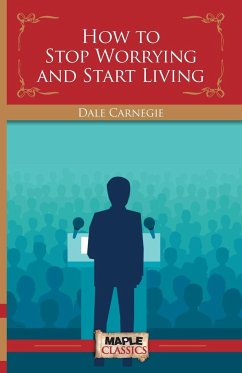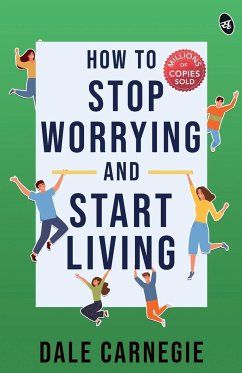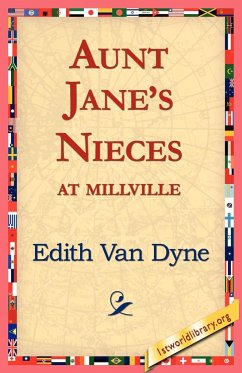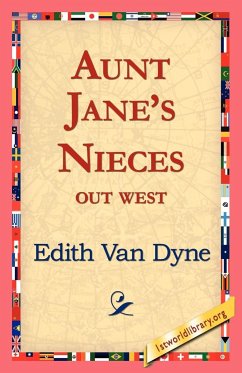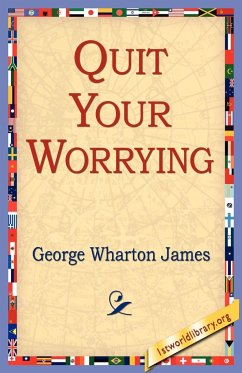
Quit Your Worrying

PAYBACK Punkte
8 °P sammeln!
Purchase one of 1st World Library's Classic Books and help support our free internet library of downloadable eBooks. Visit us online at www.1stWorldLibrary.ORG - - Between twenty and thirty years ago, I became involved in a series of occurrences and conditions of so painful and distressing a character that for over six months I was unable to sleep more than one or two hours out of the twenty-four. In common parlance I was "worrying myself to death," when, mercifully, a total collapse of mind and body came. My physicians used the polite euphemism of "cerebral congestion" to describe my state wh...
Purchase one of 1st World Library's Classic Books and help support our free internet library of downloadable eBooks. Visit us online at www.1stWorldLibrary.ORG - - Between twenty and thirty years ago, I became involved in a series of occurrences and conditions of so painful and distressing a character that for over six months I was unable to sleep more than one or two hours out of the twenty-four. In common parlance I was "worrying myself to death," when, mercifully, a total collapse of mind and body came. My physicians used the polite euphemism of "cerebral congestion" to describe my state which, in reality, was one of temporary insanity, and it seemed almost hopeless that I should ever recover my health and poise. For several months I hovered between life and death, and my brain between reason and unreason. In due time, however, both health and mental poise came back in reasonable measure, and I asked myself what would be the result if I returned to the condition of worry that culminated in the disaster. This question and my endeavors at its solution led to the gaining of a degree of philosophy which materially changed my attitude toward life. Though some of the chief causes of my past worry were removed there were still enough adverse and untoward circumstances surrounding me to give me cause for worry, if I allowed myself to yield to it, so I concluded that my mind must positively and absolutely be prohibited from dwelling upon those things that seemed justification for worry.





